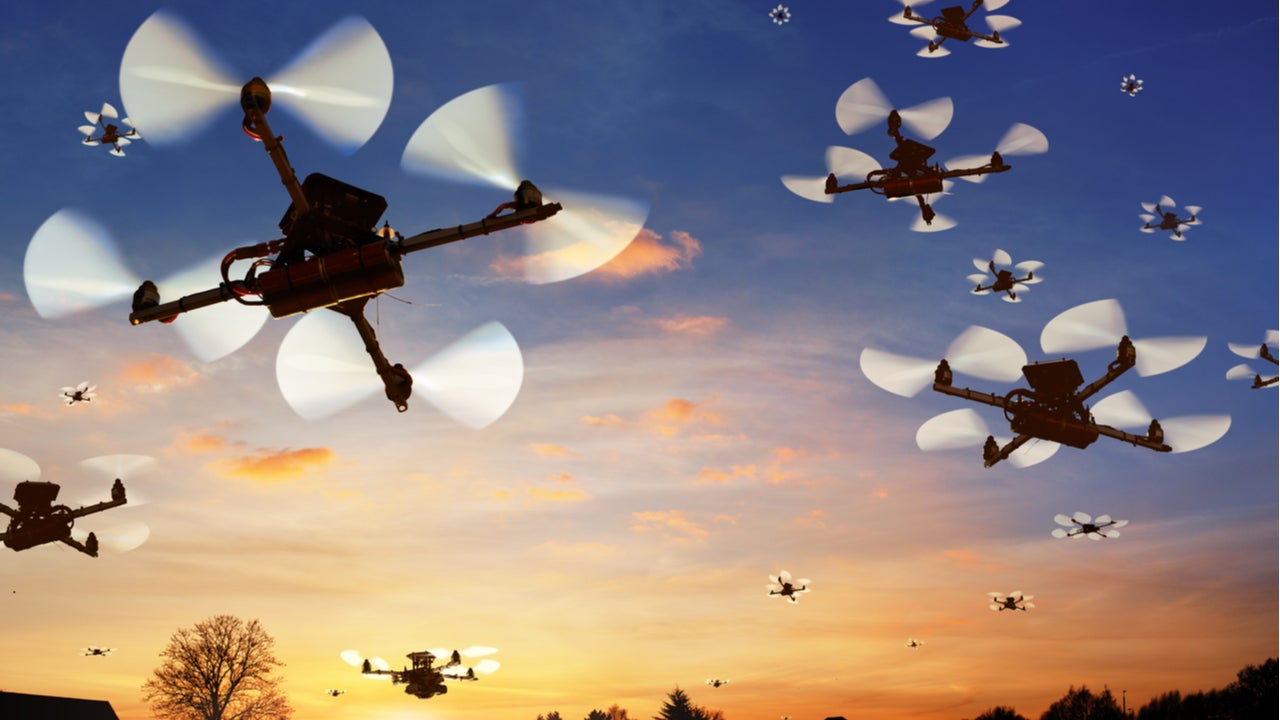Yes, you read that right... technology makes us lazy, it makes us expect less from each other. We expect less from mother, from father, from grandparents, from neighbors, the community and so on... We don't expect women to be women (mothers/wives included) and we don't expect men to be men (fathers/husbands included)...we just don't expect much these days from people.
We don't expect much from our family, our neighbors, our children our municipal workers, our representatives etc... after all, they are giving it their best. But what is that anymore?
Because of that, we don't dress to impress, we don't live to aspire or inspire, we don't work to achieve, we don't learn more than we have to, and we for sure don't do anything that causes us too much time, effort, pain, stress, or demands anything more than taping a screen.
Don't believe me? Look around folks! Go to Walmart and take a gander. Read the newspapers, watch television, see a movie, or have dinner out... the writing is on the wall!Men used to dress to impress, wear a suit and hat to work. Women used to dress up for a date... to impress.
Now, they all dress down... no one needs to impress anyone because no one is inspired to do so... Sure, other things can feed into the dumbing down of America, but technology as lowered our expectations. Numerous historical events mark this out... So, anyone can observe how technology has caused people to become dumb slobs. Hence, we recruit workers from other countries who can still think for themselves.
You can blame corporate America who made the technology, or the universities who did the research and produced the experts. But its the technology itself in the hands of the masses that has become a trip- to-fan (tryptophan) event... We have taken a trip that has no destiny... we sleep most of the way peeking to see if any notifications have popped up.
Think I am mistaken... think again as you read this: Is Smart Technology Making Us Dumb? Yes and no: there are reasonable arguments on both sides of the question : Article By Brett Frischmann on
I believe we may be making ourselves dumber when we outsource thinking and rely on supposedly smart tech to micromanage our daily lives for the sake of cheap convenience.
The internet provides us with seemingly limitless data, prose, images, video and other raw materials that could in theory enhance our intelligence and enable us to become more knowledgeable, to be more
skillful or to otherwise use actionable intelligence. Maybe we could improve our decision-making, reflect on our beliefs, interrogate our own biases, and so on.
But do we? Who does? Who exactly is made smarter? And how? And with respect to what? Are you and I, and our siblings and children, engaging with the seemingly limitless raw materials in a manner that makes us more capable, more intelligent? Or do we find ourselves outsourcing more and more? Do we find ourselves mindlessly following scripts written or designed by others?
We’re easily led to believe that we’re extending our minds and becoming more intelligent with a little help from the digital tech tools, when in reality, those are often just illusions, sales pitches optimized to pave the path of least resistance. Every time someone suggests they’ve extended their mind with their smartphone, that they are thinking through and with their phones, I respond by asking them about who’s doing what thinking.
Are they extending their mind or extending the reach of others into their mind? When you rely on GPS, who’s doing the route planning? Who is really gaining what intelligence? Are you smarter...because of GPS?
What impact does outsourcing navigation and awareness of your surroundings have on your capabilities? Certainly, Waze or Google gain intelligence about you, your surroundings and even others around you. That could be good or bad, but it’s not really extending your mind or expanding your intelligence.
My comment to this author's observation is that its true... oh so true! Even more because of the radical drop in the level of expectation between people; and, its made less and less daily. This ever so important aspect 'expectation' in the social imagination is what primes us to become thinkers, and gets us to stand on our own two feet and its disappearing at an alarming rate.
So,
we will continue to expect less and less from each other here at home and on a global level... other than the latest phone and service upgrade... Well,
then what do you or could you expect? NOTHING !!!
Onlinie Source ~ https://blogs.scientificamerican.com/observations/is-smart-technology-making-us-dumb/



.jpg)